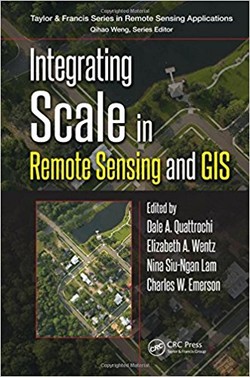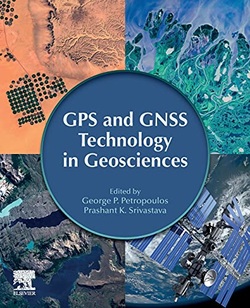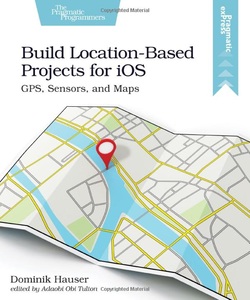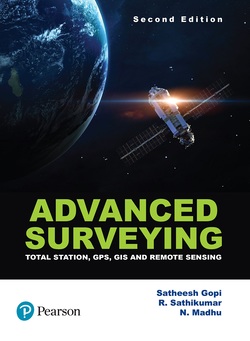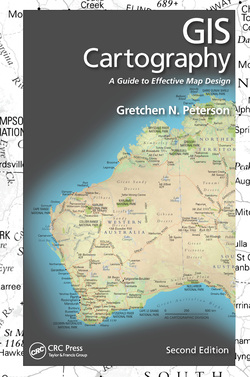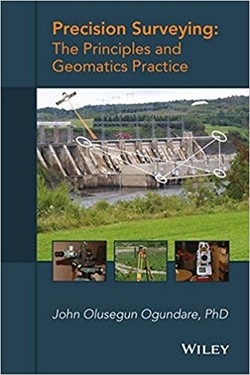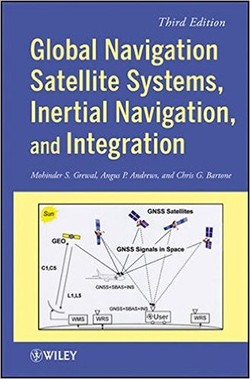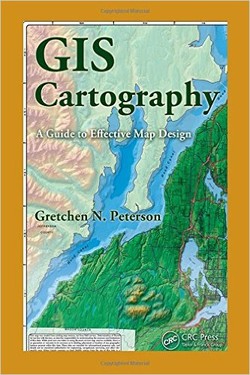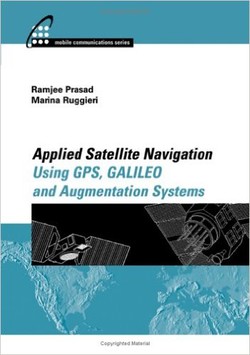مقیاس در اطلاعات مکانی و تحلیل

در حال حاضر در همه جای زندگی مدرن، دادههای مکانی، فرصتهای زیادی را ارائه میکنند تا بسیاری از فرآیندهایی که ما زندگی روزمره خود را بر مبنای آن قرار دادهایم را تغییر دهد. هرچند نه تنها این دادهها به مقیاس اندازهگیری بستگی دارند، بلکه بهکارگیری این دادهها (برای ایجاد نقشههای مناسب) مستلزم آن است که ما برای مقیاس اندازهگیری صراحتا پاسخگو باشیم.
“مقیاس در اطلاعات مکانی و تحلیل”، مقیاسهای اندازهگیری و مقیاسهای تغییر مکانی را که در دادههای اندازهگیریشده وجود دارد؛ شرح میدهد. این کتاب، یکسری از ابزارها برای بررسی دادههای مکانی را همزمان با تخمین برای مقیاسها، ارائه داده است.
“مقیاس در اطلاعات مکانی و تحلیل”، مقیاسهای اندازهگیری و مقیاسهای تغییر مکانی را که در دادههای اندازهگیریشده وجود دارد؛ شرح میدهد. این کتاب، یکسری از ابزارها برای بررسی دادههای مکانی را همزمان با تخمین برای مقیاسها، ارائه داده است.
سال انتشار: 2014 | 362 صفحه | حجم فایل: 10 مگابایت | زبان: انگلیسی
Scale in Spatial Information and Analysis
نویسنده
Jingxiong Zhang, Peter Atkinson, Michael F. Goodchild
ناشر
CRC Press
ISBN10:
1439829373
ISBN13:
9781439829370
قیمت: 16000 تومان
برچسبها:
Now ubiquitous in modern life, spatial data present great opportunities to transform many of the processes on which we base our everyday lives. However, not only do these data depend on the scale of measurement, but also handling these data (e.g., to make suitable maps) requires that we account for the scale of measurement explicitly. Scale in Spatial Information and Analysis describes the scales of measurement and scales of spatial variation that exist in the measured data. It provides you with a series of tools for handling spatial data while accounting for scale.
The authors detail a systematic strategy for handling scale issues from geographic reality, through measurements, to resultant spatial data and their analyses. They also explore a process-pattern paradigm in approaching scale issues. This is well reflected, for example, in chapters dealing with terrain analysis, in which scale in terrain derivatives is described in relation to the processing involved in the derivation of specific terrain variables from elevation data, and area classes, which are viewed as driven by class-forming covariates. Lastly, this book provides coverage of some of the issues related to scale that are relatively under-represented in the literature, such as the effects of scale on information content in remotely sensed images, and the interaction between scale and uncertainty that is increasingly important for spatial information and analysis.
By taking a rigorous, scientific approach to scale and its various meanings in relation to the geographic world, the book alleviates some of the frustration caused by dealing with issues of scale. While past research has led to an increasing number of journal articles and a few books dedicated to scale modeling and change of scale, this book helps you to develop coherent strategies for scale modeling, highlighting applicability for a variety of fields, from geomatic engineering and geoinformatics to environmental modeling.
